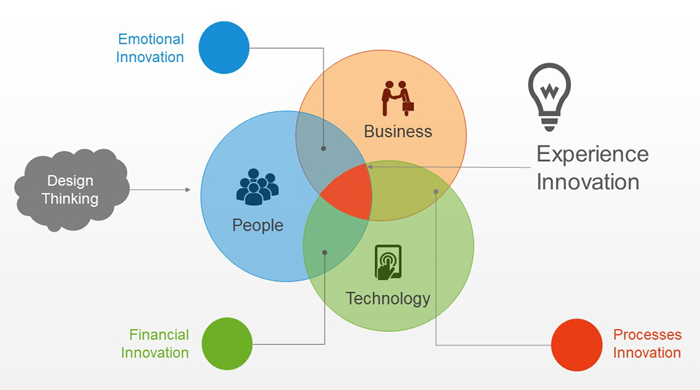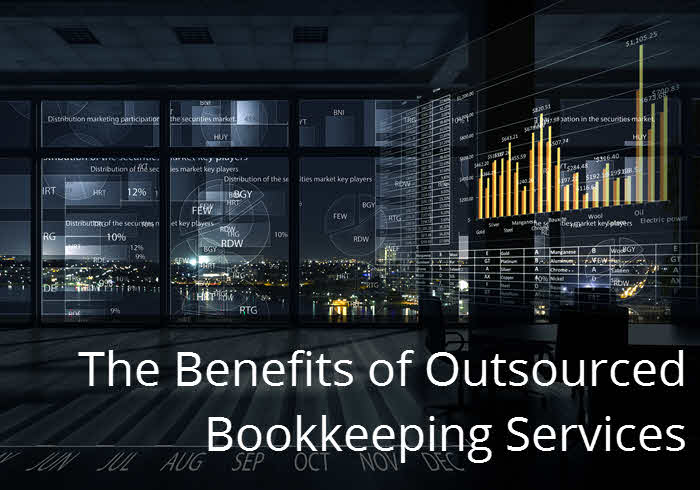For many owners and executives, some of the most trying times are not when the business is in stagnation, or even decline. The difficult times often surface when a company is growing rapidly.
Aggressive growth phases test every aspect of an organization’s leadership, making growth one of the biggest challenges faced by small-to-medium sized businesses and startups.
On a growth trajectory, leadership is left wondering “How can we get the most out of existing resources?”, “Which new resources will we need to acquire?”, “How do we prioritize our needs?”, “How many new employees will we need to hire to achieve our goals?”, and “How can we get everyone bought into the growth plan?” In short, “What comes next?”










